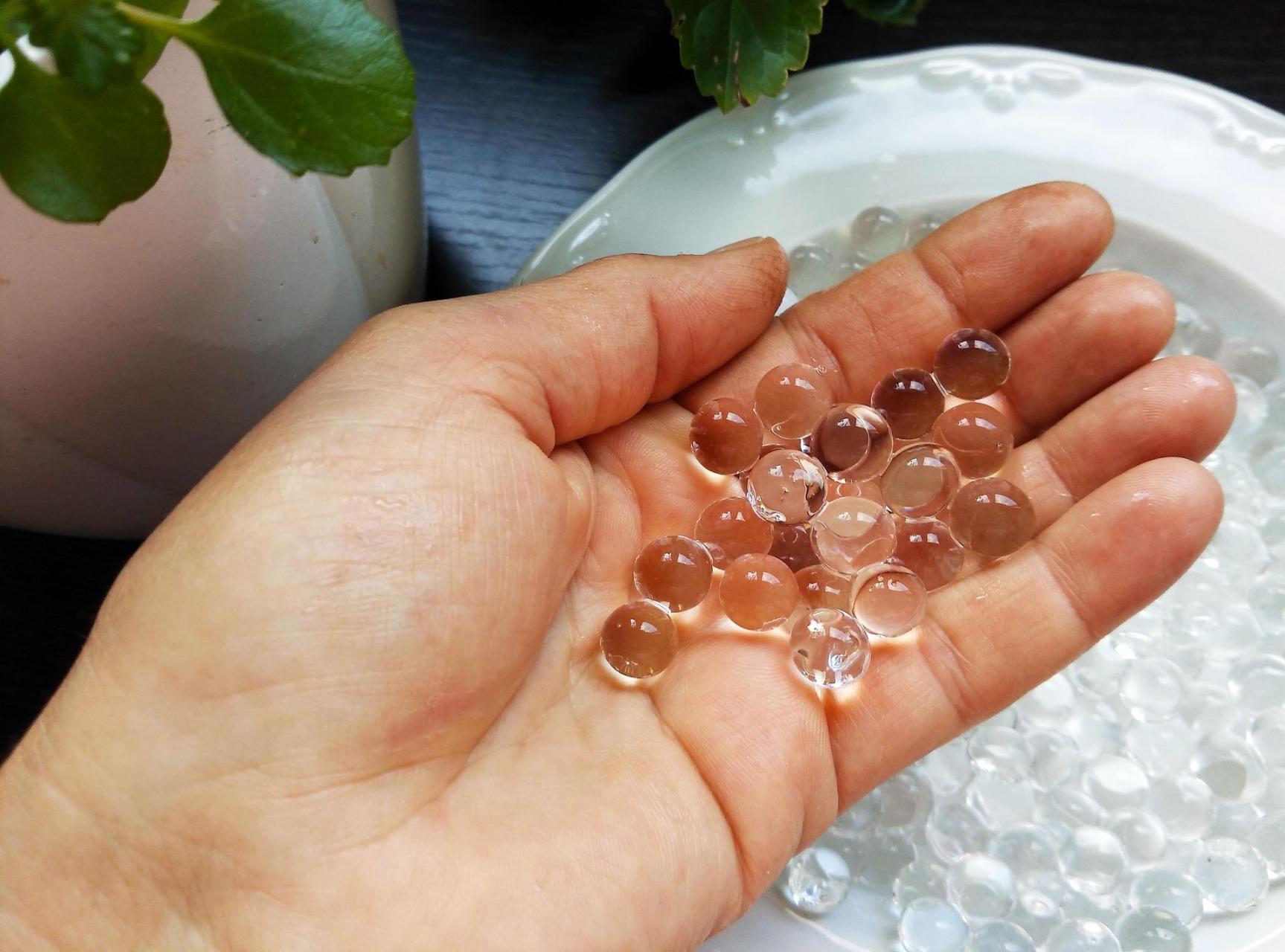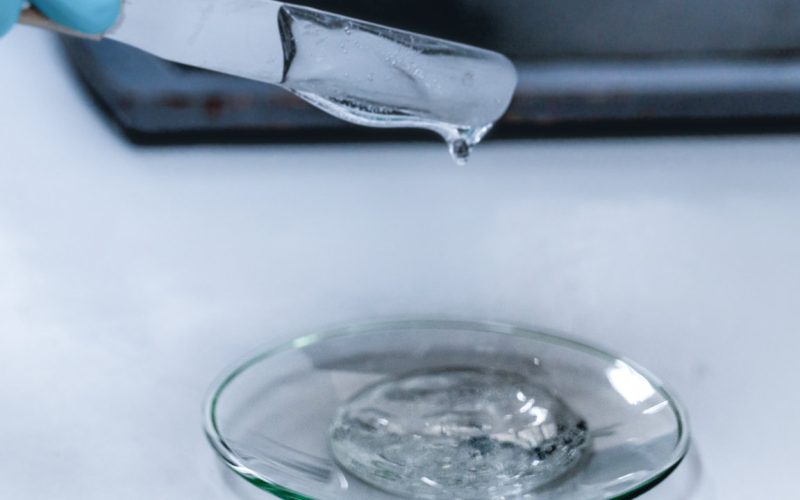Gelled water refers to water that has been transformed into a gel-like consistency through the addition of thickening agents or through natural processes. This unique form of water finds applications across various industries due to its specific properties and versatility. In this article, we will explore what gelled water is, its uses, and its applications in different fields.
Understanding gelled water
Gelled water is characterized by its semi-solid or gel-like texture, which is achieved by altering the molecular structure of water to create a stable gel. This transformation can be achieved through several methods:
- Thickening agents: Common thickening agents such as agar-agar, gelatin, pectin, or xanthan gum are often used to gel water. These agents bind with water molecules, forming a network that thickens and stabilizes the water into a gel.
- Freezing and thawing: Some natural processes involve freezing water into ice and then allowing it to partially thaw, resulting in a gelled texture due to the arrangement of ice crystals and unfrozen water.
Uses
It serves diverse purposes across different industries, each benefiting from its unique texture and properties. Here are some common uses of gelled water:
Cosmetics and personal care
In the cosmetics industry, this water is utilized for various products such as:
- Moisturizers and lotions: forms the base of many moisturizers and lotions, providing hydration and a smooth application to the skin.
- Serums: Serums often contain this water to deliver active ingredients effectively to the skin, ensuring better absorption and prolonged hydration.
- Gels and masks: Face masks and gels use this water to maintain their consistency and adhere to the skin, allowing for targeted treatments and soothing effects.
Pharmaceutical and medical applications
This kind of water is essential in pharmaceuticals and medical settings for:
- Topical treatments: serves as a carrier for medications in topical treatments such as gels and ointments, ensuring controlled release and enhanced absorption.
- Wound care: Hydrogels made from this kind of water are used in wound dressings to create a moist environment that promotes healing and prevents infection.

Food and beverage industry
In the food industry, this kind of water is employed in:
- Gel desserts: desserts like gelatin molds and puddings use gelled water as the primary ingredient to achieve their characteristic texture and firmness.
- Thickened beverages: Thickened water is used for individuals with swallowing difficulties, providing hydration in a safer and more manageable form.
Industrial applications
Industrially, gelled water finds use in:
- Hydraulic fracturing: In oil and gas extraction, gelled water (known as fracking gel) is injected into wells under high pressure to create fractures in rock formations and enhance oil or gas recovery.
- Construction: is used in construction materials such as cement and mortar to improve workability, reduce shrinkage, and enhance strength.
Advantages of gelled water
The use of gelled water offers several advantages depending on its application:
- Improved stability: maintains its structure and consistency over time, ensuring product stability and shelf life.
- Enhanced delivery: In pharmaceuticals and cosmetics, facilitates the controlled release and absorption of active ingredients.
- Versatility: can be tailored to specific requirements, such as thickness, viscosity, and texture, making it suitable for a wide range of products and applications.
Conclusion
This type of water, with its unique properties and versatility, plays a crucial role across various industries including cosmetics, pharmaceuticals, food and beverage, and industrial applications. Whether as a base for moisturizers, a carrier for medications, a component in gel desserts, or a medium in hydraulic fracturing, gelled water demonstrates its adaptability and utility in meeting diverse needs. As research and technology continue to advance, the applications and innovations involving gelled water are expected to expand, further enhancing its importance in modern industries.
Visit: Structured water.

